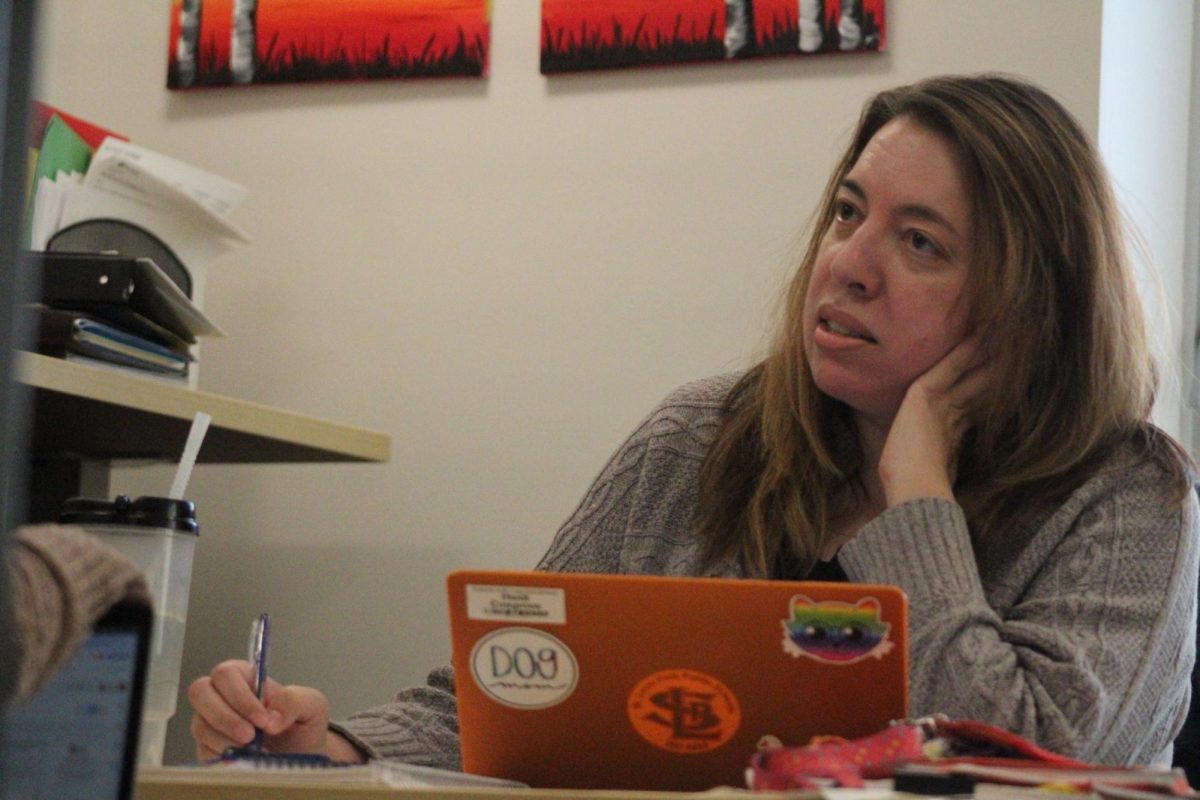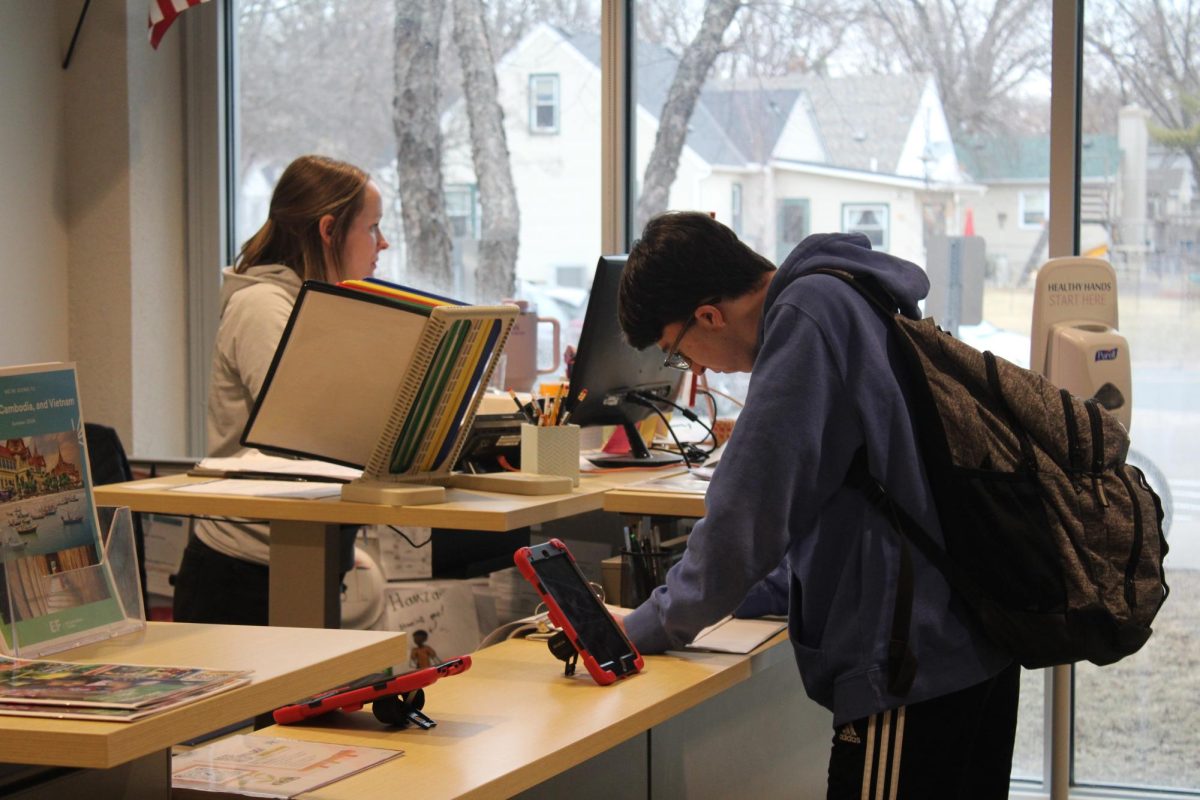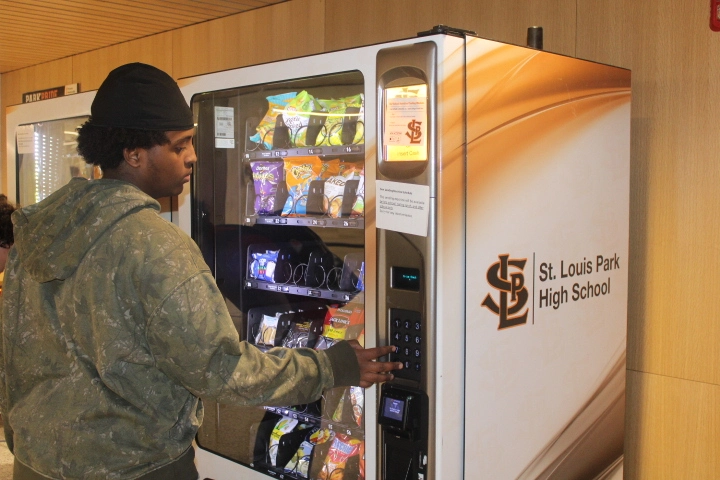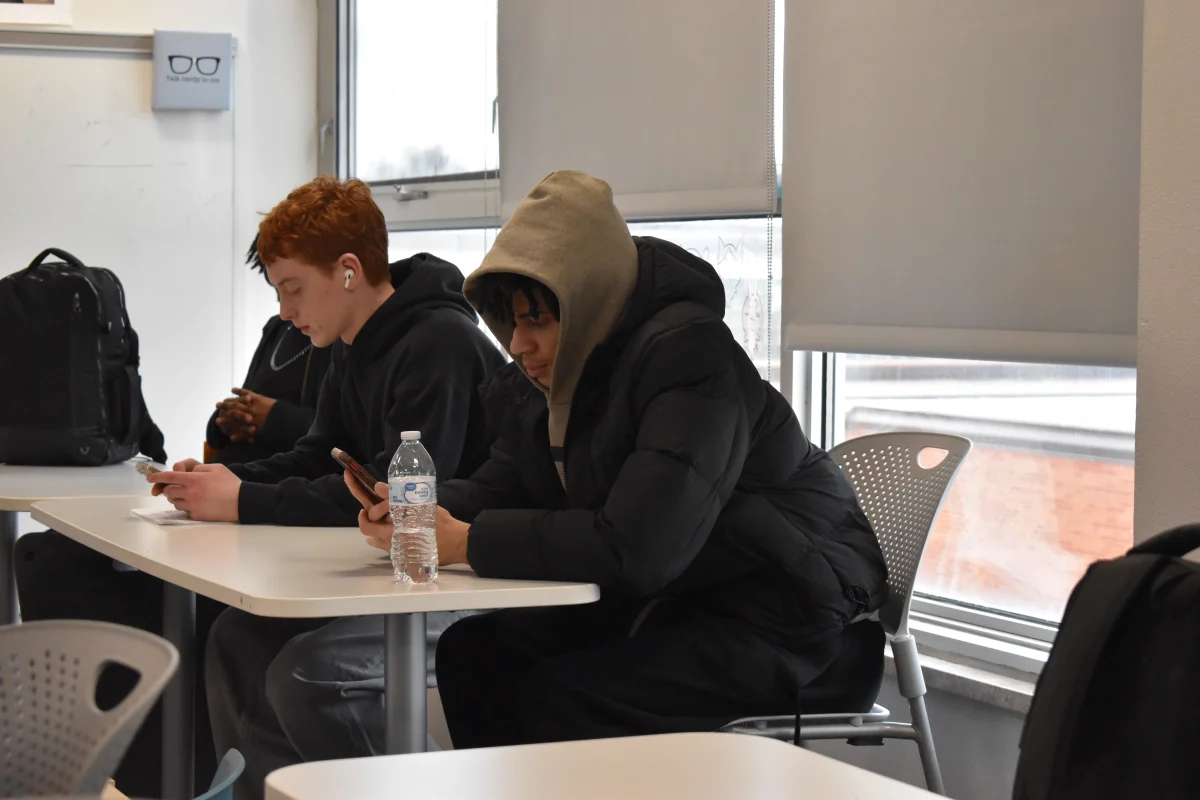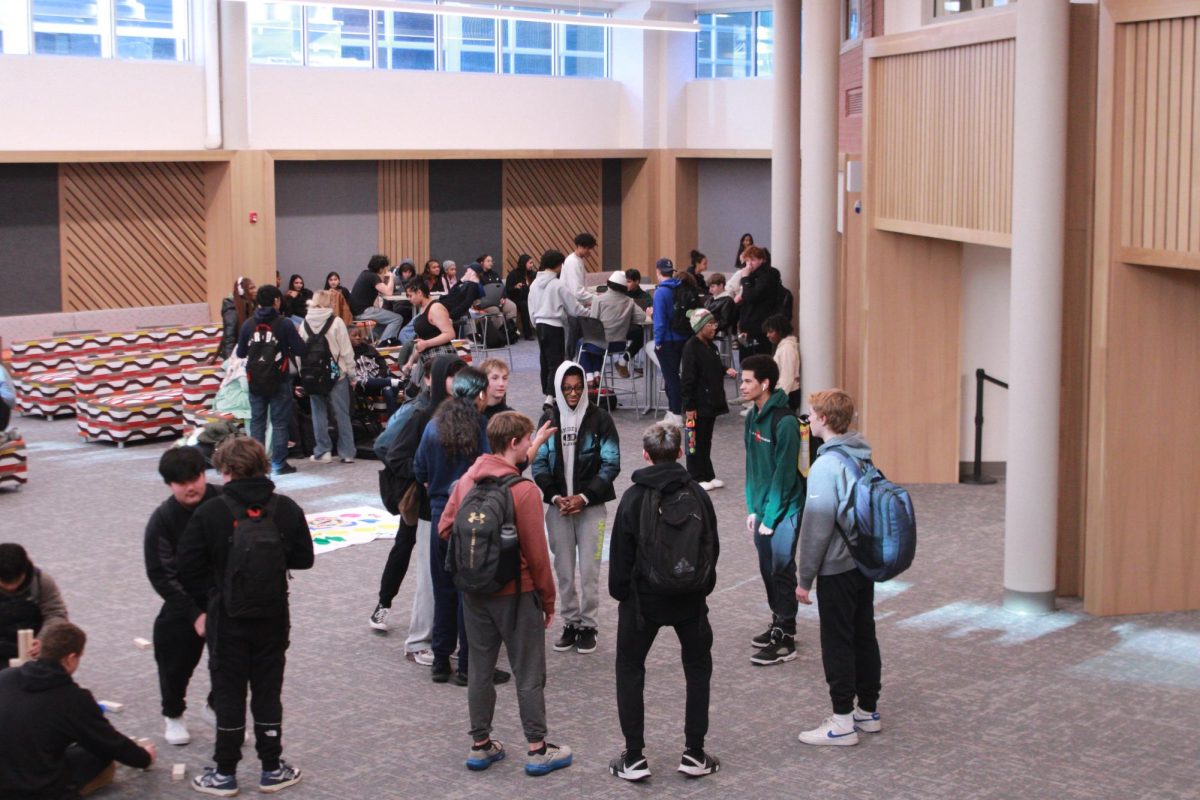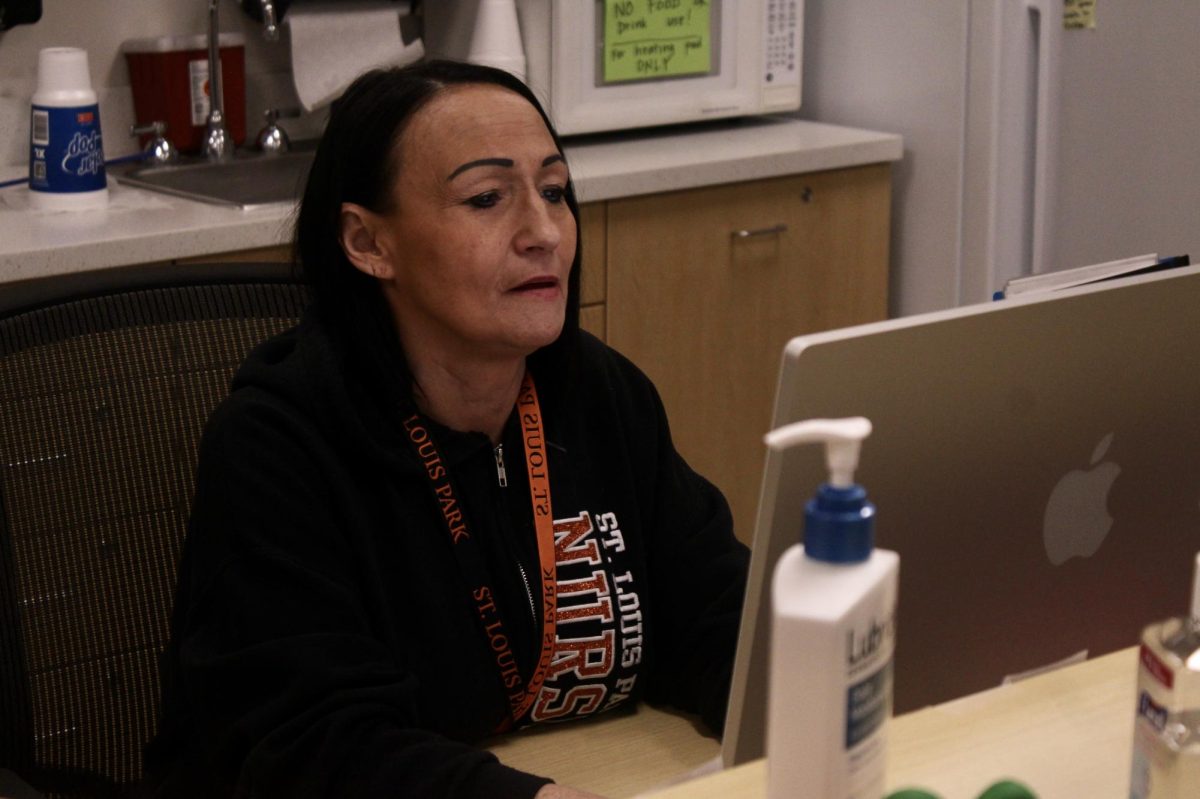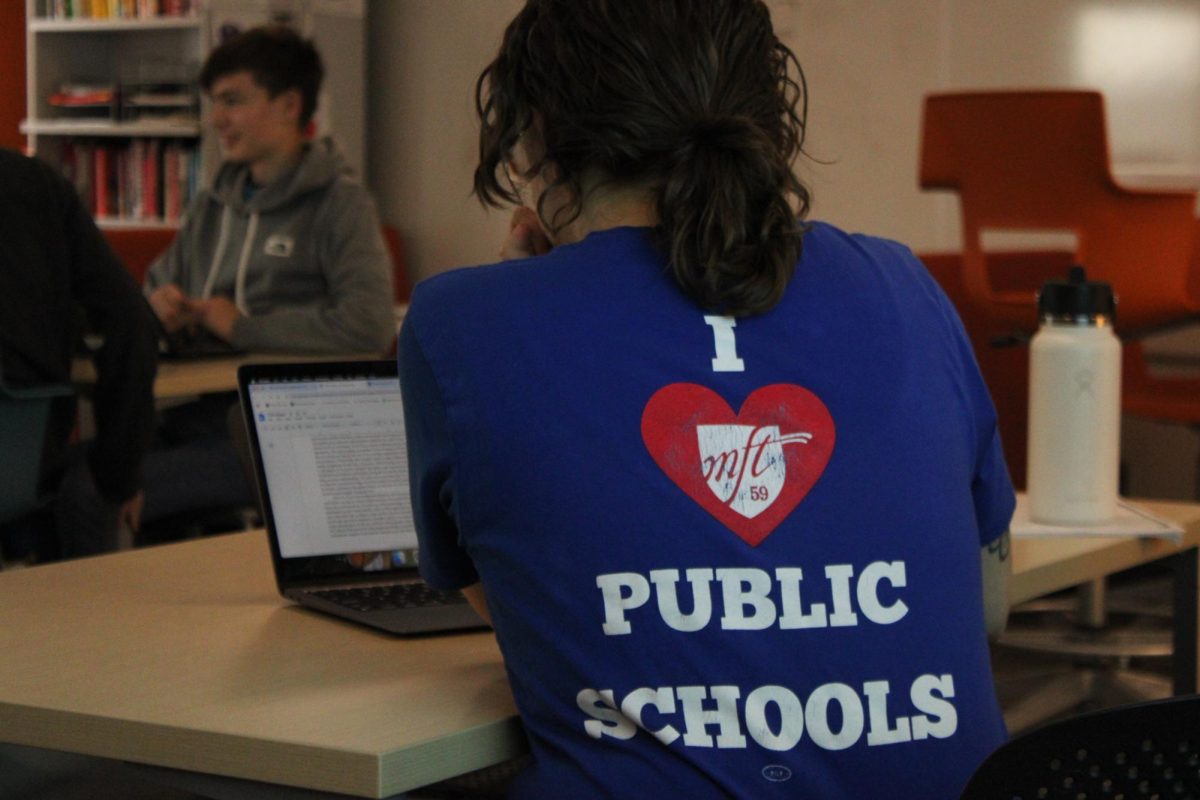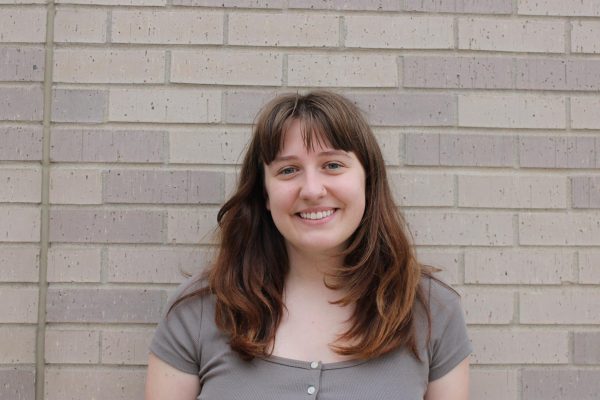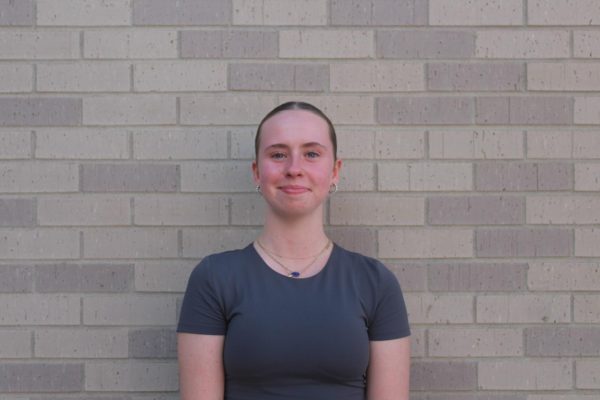With the college application process in full swing and decisions being posted on Instagram every day, seniors at Park are feeling the stress of it all. With students applying to and choosing a home for the next two to four years, stress and anxiety are bound to appear. Over the last few months, seniors at Park have chosen various application methods based on their readiness, stress and attitude toward this trying time.
There are four main application types students choose from. Senior Tamara Smith said she chose to apply REA and regular decision before Nov. 1 in order to be stress-free for the majority of her last year at Park.
“I did restrictive early action and I did regular decision for most of my schools (but applied before Nov. 1),” Smith said. “I did this because I wanted to have my options open, (have) freedom during the year and not be pressured to get (applications) done later on during (the) second semester.”
Many students believe there are financial or acceptance benefits to early action applications, but according to senior counselor Heidi Cosgrove, the only benefit to early action is hearing a response sooner. She said students shouldn’t apply on Nov. 1 if their application isn’t ready.
“One of the biggest (reasons why students apply early action) is there’s a lot of pressure to get their applications in early thinking they have better chances, get more money, etc. There’s a lot of frenzies (with) the deadline they must adhere to, (but) what colleges will say is early action means that its (students) will hear back sooner for a decision,” Cosgrove said. “Colleges will definitely say, ‘if your application is not ready to be submitted, don’t submit it just to meet a Nov. 1 or Nov. 15 deadline.’ Whatever it might be, if it’s not proofed or checked, that’s not going to benefit you — colleges will say, even the real elite ones, ‘submit it when it’s at your best.’”
According to senior Ashley Berry, she worked on her applications every day, making the task less stressful. She said her family and friends read through her essays to make sure they were ready for her Nov. 1 deadline.
“For me, taking the time to do a little bit of the Common App every day as opposed to doing all of it in one night definitely helped because it made the task seem less daunting. Having multiple people I trust read my personal essay and supplementals was also beneficial,” Berry said. “Something that worked for me was keeping my essay and supplementals on a running document so they were easy to find as well as copying the supplemental prompts into that Google Doc so I always knew what I was writing about.”
When students apply early action, many times they receive their official decision no later than Jan.; however, this may not be the case for what Cosgrove calls “bubble students.” According to Cosgrove, students on the cusp of getting admitted to a school often have their applications moved to the regular decision pool. Cosgrove said although this isn’t a rejection, this can lead students to feel disappointed and rejected.
“(One disadvantage is) if students are on the bubble of fitting that profile of students that that college is looking for or getting a no. I call those ‘bubble students’ or ‘fence students.’ They will get put into the regular decision pool when their hope was (to know their decision early),” Cosgrove said. “They put in a ton of work ahead of time only (for the college to) say, ‘we just need to put you in the regular decision pool to see the whole pool of students.’ Sometimes that’s hard for students, when they get put into the regular decision, because it almost feels like a no.”
In addition to the various application types available, there are also application services that help students apply to college via one platform and help students apply for scholarships. Smith said her choice to use the Common App made the application process extremely smooth and easy.
“(I didn’t have many struggles) because I used the Common App for most of my applications. It was a pretty simple and easy process of just paying for it and then clicking submit,” Smith said. “I’m just very fortunate and lucky that all my colleges were on Common App and I could just do it through there.”
With students applying for regular decision, they typically won’t hear back until March or April. Cosgrove said students who apply regular decision have more time to write and plan their applications, but many feel behind when they compare themselves to classmates who submitted their applications by Nov. 1 and Nov. 15.
“(For) students that apply regular decision, it definitely gives them more time to think about what they are looking for. Where do they want to apply? It gives them more time to work on their application, work on their essays. Kind of think through some of those things,” Cosgrove said. “Now, with that said, I’ve already had students who are planning to apply regular decision be stressed out because they feel like they’re behind. They say ‘everybody did the Nov. 1 or Nov. 15 deadline, so I’m behind and I must be doing something wrong.’”
Another type of application is early decision. When admitted, students are legally bound to attend that school and it becomes difficult to get out of. Berry said although she applied early to her colleges, her applications were nonbinding, allowing her to feel out of her options.
“The (application) type I chose was nonbinding so you can know (your decision) earlier and still have the time to decide, almost like extra time to decide as opposed to being bound and having to go there. It just minimizes regrets in a sense,” Berry said.
According to Cosgrove, social media impacts the stress level of students during the application process. She said there is immense pressure to apply by Nov 1, which is adding to unnecessary stress for students.
“In my perfect world, I would love for Nov. 1 and Nov. 15, not to have so much frenzy. Sadly, I do love TikTok. I see a lot of things where (they say), ‘Nov. 1, you gotta apply (by then),’” Cosgrove said. “I’m thinking, can you guys just pipe down with the stress of Nov. 1 and Nov. 15? Students are under enough stress as it is, and to have this Nov. 1 deadline staring down, at them just drives me cuckoo.”



